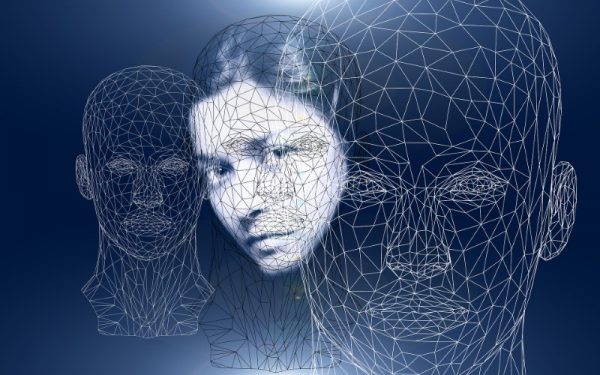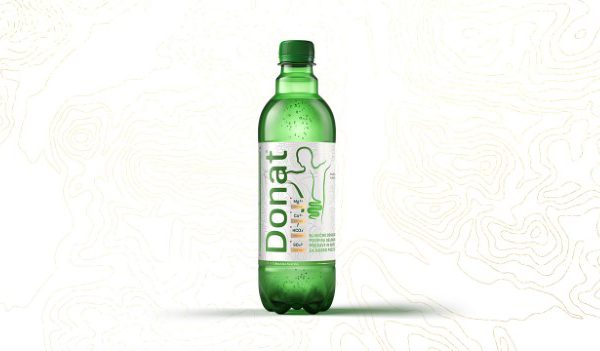Healthy Diet for Bipolar Disorder
For most people, therapy or medication alone is enough to manage their symptoms of bipolar disorder effectively. But if you or someone you know has been diagnosed with this condition, you might wonder if diet affects it.
Does eating certain foods or removing some products from your daily diet help you control your symptoms with medication or therapy?
Bipolar Disorder Defined
Bipolar disorder is a mental health condition known to cause discrepancies in a person’s mood. The highs in bipolar disorder are usually called mania, while the lows are known as depression. Not all bipolar disorder patients experience depression or full mania.

Changes in mood due to this condition might happen out of nowhere and affect your sleep patterns, judgment, energy level, or even your decision-making ability.
Types of Bipolar Disorder
The following are the different types of bipolar disorder:
Bipolar I
With mania characterizing it, people with bipolar I may also suffer from a lesser state of mania known as hypomania or depression. These episodes might last for days, weeks, or even months and years. At least a single manic episode is required to diagnose bipolar I.
Bipolar II
Those with bipolar II may suffer from hypomania and depression but don’t necessarily experience mania. It may be more challenging to pinpoint hypomania and may also include less severe mania-related symptoms.

Cyclothymic Disorder
Low and high moods that might not qualify as major depression or mania often characterize cyclothymic disorder, which is usually regarded as a mild type of bipolar disorder.
Is There a Diet for Bipolar Disorder?
Some people who have bipolar disorder may claim that the keto or ketogenic diet helps in reducing their symptoms. Following a keto diet involves removing all carbohydrates from your meals.
The human body burns carbohydrates and turns them into energy. If you’re following a keto diet, the body will burn fat instead because of the absence of carbohydrates.
A diet without carbohydrates, like a ketogenic one, might affect your mental and physical health. But benefits can be found in any form of a nutritious diet.

It has been revealed that exercising and eating nutritious meals can improve some bipolar disorder symptoms. But the ketogenic diet hasn’t undergone clinical trials yet for further investigation.
However, although there is no existing clinical evidence to suggest and prove that a diet for bipolar disorder can be effective for the treatment of the condition, many researchers are at a consensus that it might be a promising intervention for treatment in the future of people who are diagnosed with mood disorders.
A full trial was also recently completed to confirm whether the keto diet benefits bipolar disorder patients. A specific diet might not be recommended as a symptom treatment method until the final results are out.
The consumption of some foods, however, might help stabilize or enhance your mood. Remember that these specific foods are not necessarily a treatment for bipolar disorder. However, eating these foods can still be a great support not just for the health of your body but also for your mind.
Foods That Help Enhance Mood and Mental Health
If you think that your mental health and mood could use some improvement, here are some types of foods that you might want to add to your diet:
Vegetables and Fruits
Eating raw vegetables and fruits instead of processed foods is good for physical and mental health. Studies have revealed that the following are the best natural foods that can help enhance mood disorders:
- Apples
- Bananas
- Berries
- Carrots
- Citrus fruits
- Cucumbers
- Dark leafy greens such as kale or spinach
- Grapefruits
- Kiwis
- Lettuce
Suppose you are taking medication for bipolar disorder and other mental health disorders. In that case, you might want to talk to your prescribing doctor about any dietary changes before you try them.

However, some fruits, such as grapefruits, may have some issues with certain bipolar disorder medications. Again, always talk to your physician about any changes in your diet before you proceed.
Healthy Fats
The so-called healthy fats rich in omega-3 fatty acids, such as fish, olive oil, avocados, or nuts, may lower the dietary inflammation in your body. Inflammation often contributes to mood disorders, including bipolar disorder or depression.
What Foods Should You Avoid?
Some drinks or foods may interact with your bipolar disorder medications or worsen symptoms. Try to avoid the following as much as possible to prevent any problems:
Alcohol
Consumption of alcohol may pose an issue for some patients with bipolar disorder. Alcohol may have a negative interaction with antidepressants and other types of medications being taken. This may disrupt your sleeping patterns as a result.
Most people with the condition are also prone to experiencing alcohol addiction or addiction to other substances. Removing alcohol from your diet might be safer and healthier if you have bipolar disorder.
Caffeine
Since it’s common for people who have bipolar disorder to experience mania, avoiding caffeine might be valuable. Since caffeine is a stimulant, it can cause patients with bipolar disorder to experience a hypomanic, manic, or mixed state.
Since non-caffeinated versions of coffee, tea, and soda are now available, it will make it easier to continue drinking your favorite beverage without worrying about how it will impact your mood.
Refined Carbohydrates
A high carbohydrate diet may negatively affect your physical and mental health. Consuming too many carbs may make you more prone to depressive behaviors or anxiety even if you don’t gain weight. Rice, pasta, white bread, and cereal are the most common food items loaded with refined carbs, so try to avoid them as much as you can.
Sugar
Research revealed the negative effect of sugar intake on psychological health. Sugar consumption is also associated with weight gain, obesity, diabetes, mental health conditions, depression, etc.
Always follow a healthy diet to protect both your physical and mental health.





